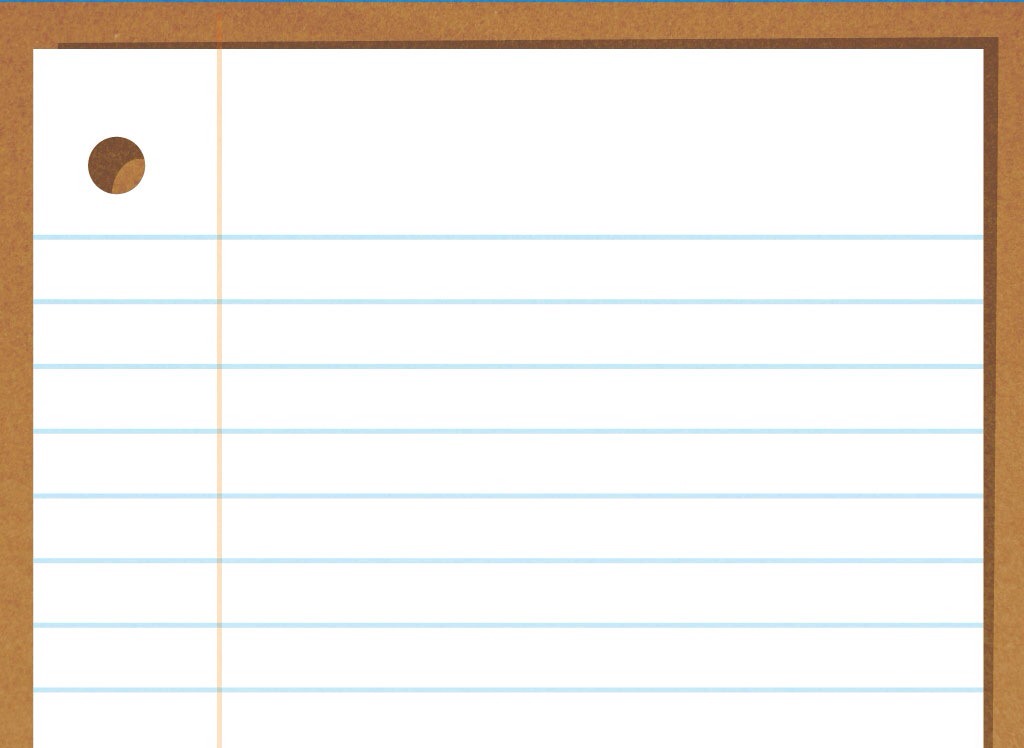Sign up for FlowVella
Sign up with FacebookAlready have an account? Sign in now
By registering you are agreeing to our
Terms of Service
Loading Flow


Formation of tenses
Modal verbs do not have the future tense form. The future is expressed by the present tense forms of modal verbs with the help of the context and adverbs of time referring to the future. (With the exception of the modal verbs WILL, WOULD, of course, which express the future.)
Only two modal verbs can form the past by changing their forms directly. They are CAN, COULD and WILL, WOULD (only in some of their meanings).
The pair SHALL, SHOULD with the future meaning can still work like that in British English. In American English, WILL is used for all persons in the future (WOULD for the Future in the Past), and SHALL, SHOULD are used mostly as separate modal verbs.
The verbs MAY and MIGHT are used mostly as separate modal verbs, though MIGHT is generally used instead of MAY in cases where the rules of the sequence of tenses require the use of the past tense form of the verb.